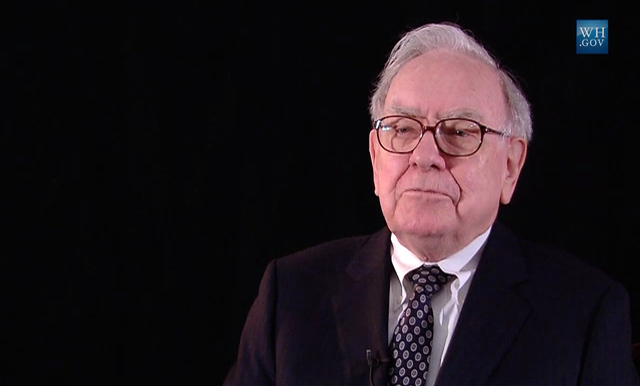In Silicon Valley, stock options mint millionaires overnight. In Chandni Chowk, survival depends on family ties, borrowed capital, and a prayer. India’s entrepreneurs aren’t just building companies—they’re rewriting the rules of risk, reward, and resilience in a world where the American playbook simply doesn’t apply.
Saurabh Mukherjea of Marcellus Investment Managers lays it out plainly on LinkedIn: Indian entrepreneurship is a different beast. “America’s per capita income is 20 times higher, and its social structure vastly different,” he writes, noting that in India, family and community aren’t just cultural touchpoints—they’re the foundation of most businesses.
In the U.S., tech workers expect equity. In India, most don’t even know what ESOPs are. “Whilst ESOPs are commonplace in America,” Mukherjea notes, “the majority of the 1.4 million companies registered to pay corporate tax in India don’t use them.” Bonuses—often tied directly to profits—are the more typical form of reward. It’s a reflection of deeper realities: low liquidity, high borrowing costs, and a deeply personal business ethos.
India’s cost of capital routinely exceeds 12%, compared to about 6% in the U.S. That makes big bets rare. “The risk appetite and bet size of the Indian entrepreneur is much lower than that of his American counterpart,” Mukherjea observes. And yet, because launching a business in India is cheaper and communities rally around even small ventures, entrepreneurship flourishes—just with a different rhythm.
Marcellus dissects this divergence in depth. While the U.S. registered 30 times more new businesses since 2012, India has kept pace in growth rates—despite weaker infrastructure, fragmented regulations, and unpredictable financing.
Instead of blitzscaling, Indian founders build to endure. The report lays out “Ten Commandments” tailored to India’s chaos: take smart risks, embrace failure, build trust, think long-term, and invest in people over pitch decks.
In India, it’s not about IPOs or unicorn valuations. It’s about staying alive, staying sharp, and betting on your own grit—because family capital, not venture capital, is still the startup fund of choice.







